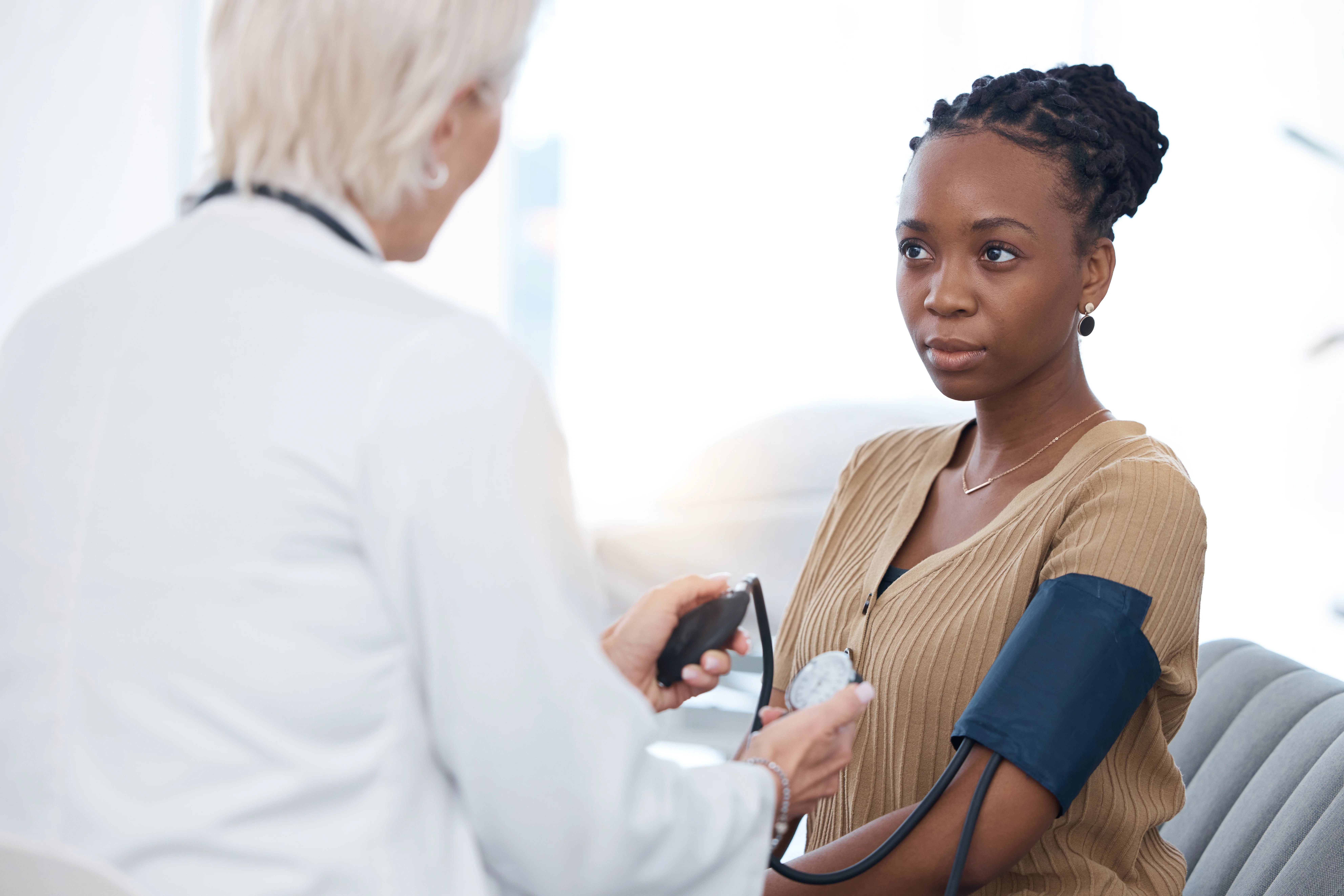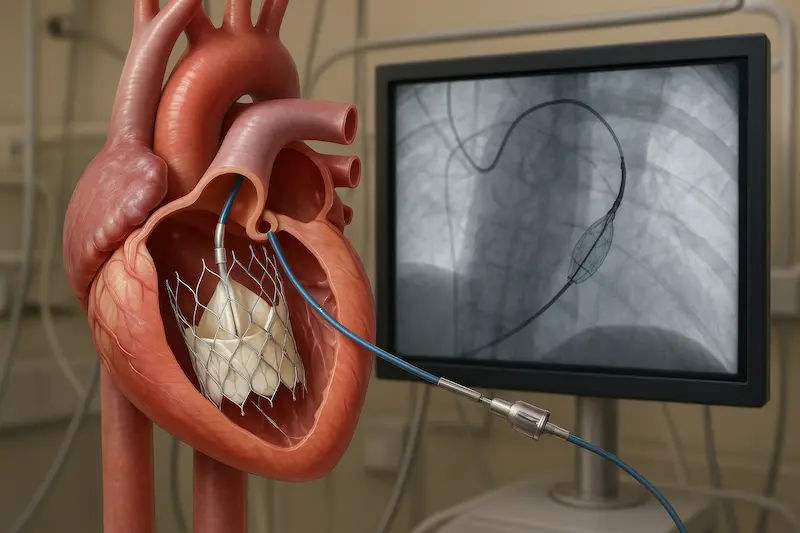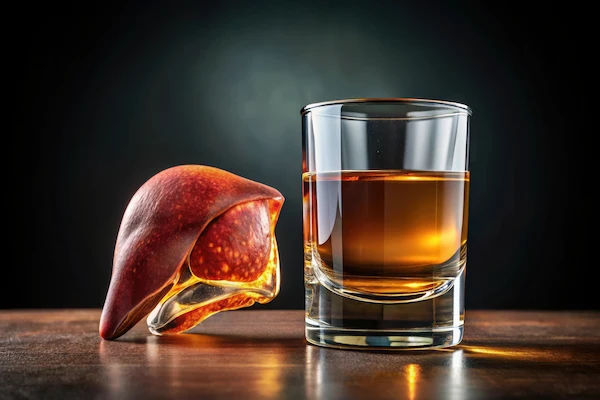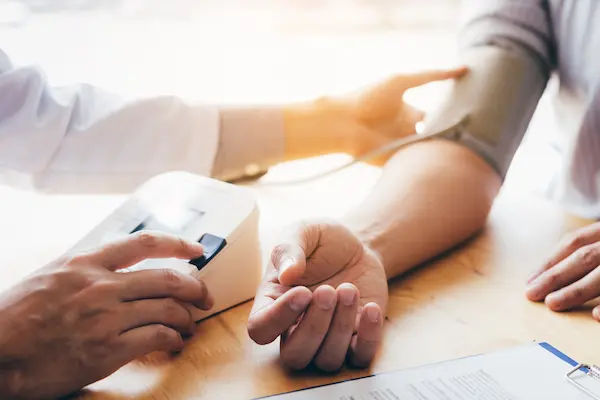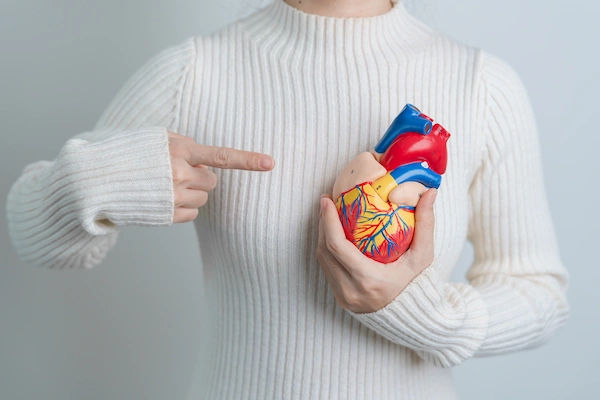- male
- 30 Years
- 20/02/2025
I'm really into sports and focus on my diet, but I've been wondering about something. Does eating high carbs actually increase VLDL cholesterol levels? And if so, what kind of carbs are more responsible for this hike? I've been sticking to complex carbs like brown rice, whole grains, and legumes. Just want to make sure I'm on the right track. Can you shed some light on this?
Answered by 1 Apollo Doctors
High carbohydrate intake, especially simple carbohydrates, can lead to an increase in VLDL cholesterol levels. Simple carbohydrates, such as those found in sugary foods and drinks, can raise VLDL levels more significantly compared to complex carbohydrates. Complex carbohydrates like brown rice, whole grains, and legumes are a better choice as they have a lower impact on VLDL cholesterol levels. To help lower VLDL cholesterol, you can continue consuming complex carbs like brown rice, whole grains, and legumes in your diet.
Dr. Dhankecha Suggests...
Consult a Cardiologist
Answered 25/07/2025
0
0

More Cardiology Health Queries
View allI'm 29 and feeling anxious about the possibility of having a heart attack. My blood pressure and blood sugar levels are normal, my TSH is normal too, I have no bad habits, and I weigh 55 kg. Is it still possible for me to have a heart attack?
It is uncommon for someone with your profile to have a heart attack at such a young age. However, there are other factors that can contribute to heart attacks, such as family history, cholesterol levels, and overall lifestyle. It is important to continue monitoring your health and consider regular check-ups with your doctor to assess your overall cardiovascular risk.
Answered by 1 Apollo Doctors
I'm really worried about my dad. He recently had an acute heart attack, and he's 68. Thankfully, he's stable now, but he's also dealing with diabetes. We consulted a cardiologist and decided not to do the angiography because his serum creatinine level was around 1.7, which was a bit high. He's on medication at the moment. Our cardiologist mentioned vaccines called Pulmovac and Vomimp for his heart. I'm curious to know if these vaccines are helpful and if there are any potential side effects I should be aware of.
Pulmovac is a vaccine that helps in preventing pneumonia, which is important in individuals with heart conditions to reduce the risk of respiratory infections. Vomimp is a vaccine that helps in preventing influenza, which is crucial in maintaining overall health and reducing the risk of complications in individuals with heart problems. Both vaccines are generally safe and well-tolerated, with common side effects being mild and temporary such as redness or swelling at the injection site, low-grade fever, or body aches. It is recommended for your father to follow the cardiologist's advice and get vaccinated to protect his heart health. The dosage and schedule for these vaccines will be provided by the healthcare provider administering them.
Answered by 1 Apollo Doctors
I'm really worried about my dad's recent angiography test results. It showed he has a 100% blockage in two arteries and 95% in a third artery, with just one vein working properly. I'm trying to understand if he should consider bypass surgery or angioplasty. Which option is generally more effective for extending lifespan?
For blockages of 100% in two arteries and 95% in the third artery, bypass surgery would be more effective in this case. Bypass surgery involves creating new pathways for blood to flow to the heart muscle, bypassing the blocked arteries. This can help improve blood flow to the heart and relieve symptoms such as chest pain. It is also known to extend lifespan and reduce the risk of future heart attacks compared to angioplasty. The patient should consult with a cardiac surgeon to discuss the best treatment option and further details regarding the bypass surgery procedure and post-operative care.
Answered by 1 Apollo Doctors
Disclaimer: Answers on Apollo 247 are not intended to replace your doctor advice. Always seek help of a professional doctor in case of an medical emergency or ailment.

